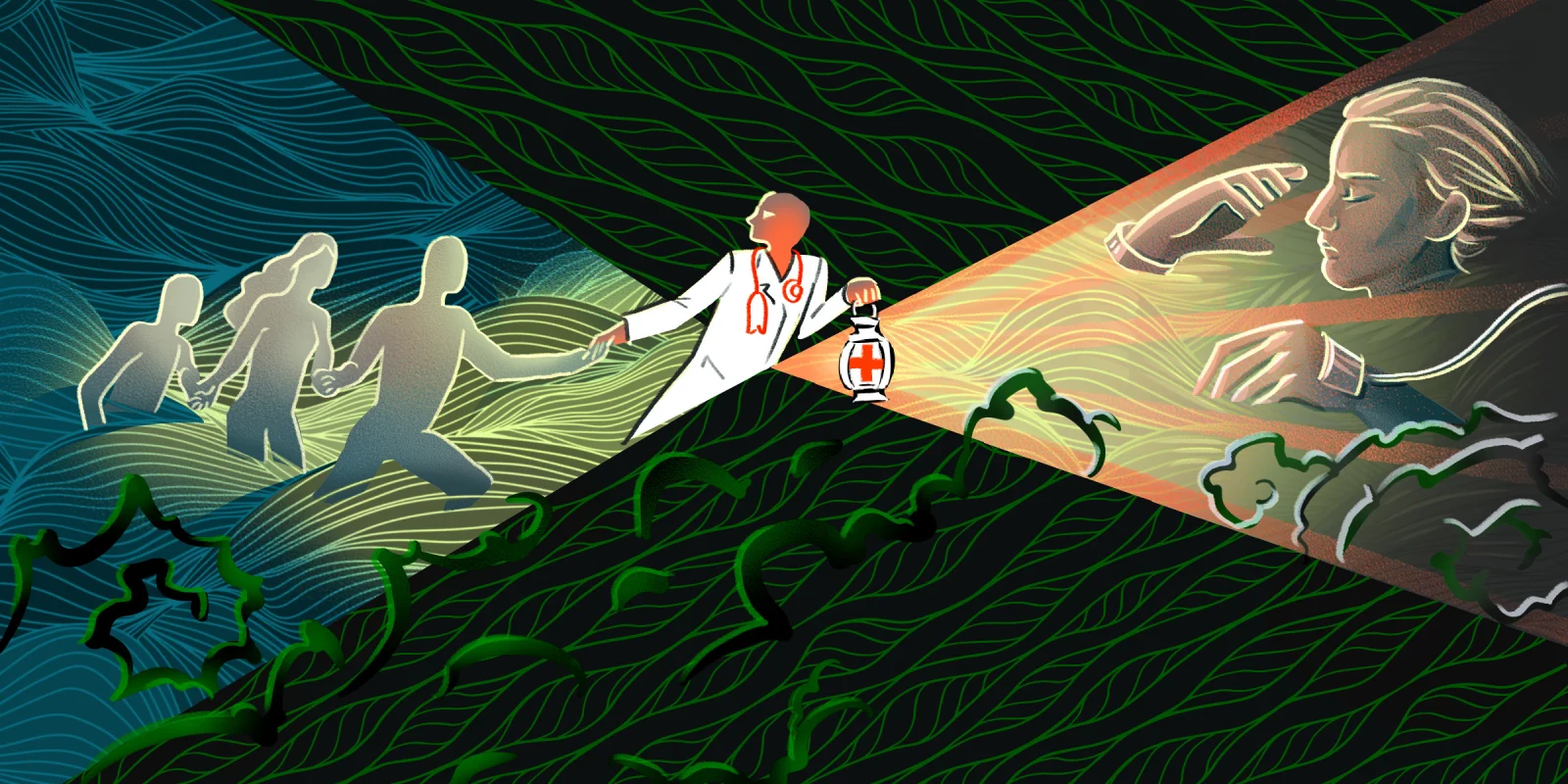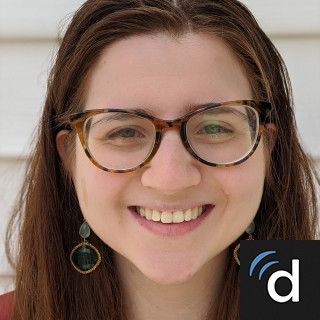Although by my toddler years I had made the commitment to become a doctor, I never saw anyone truly ill until I started medical school. The first person I helped care for during a prolonged illness was my grandfather. I had thankfully stayed close to his home — the home my grandparents lived their entire marriage, the home I grew up in for most of my childhood — for medical school. During the many frequent hospitalizations before his death, I would rush out of my first-year classes to the train. I would stay at the hospital bedside with my grandmother, waiting for that unpredictable moment when a physician would finally walk into the room and tell us what was going on. I often wondered if there were even doctors taking care of him. Television shows always made hospitals seem so chaotic, and yet this was the quietest part of my day. If we were eventually able to talk with a doctor, we were left with more questions and concerns at the end of the brief conversation. I thought I was learning medicine as a medical student, but the words and expressions the doctors used made no sense even to me. After sharing the hospital tray of dinner meant for my grandfather, my grandmother and I would finally convince ourselves we were comfortable with the selfish act of going home for the night. It always felt wrong returning to the normal routines of my life.
My grandfather, despite being both a brilliant linguist and a lawyer, no longer said much. We simply watched him sleep, sometimes for hours. This was so odd to bear witness to. He was the type of person always looking for more work to do; his desk at home piled high with research on which stocks or pieces of contemporary art to invest in next. I would use the time to study, explaining to my grandmother the mechanism of action of her osteoporosis medication or the different types of urinary incontinence. I was always looking for ways to prove my intelligence to her. I longed for the brief, hopeful moments when my grandfather would take a bite of the hospital-grade vanilla ice cream, or, if he was feeling strong enough, give me a kiss on the cheek. Although I didn’t fully realize at the time, those ended up being our last moments together before he finally died comfortably at a hospice facility, shortly after eating his favorite food in the world: egg yolks.
I did not think about that time in that hospital with my grandfather for many years. One day, I was running around seven different hospital floors, now as an intern in internal medicine, trying to keep as many lab results and vital signs straight in my mind. I found myself instinctively dodging past Mr. Campbell's room because I saw that all three of his daughters had already arrived with their notebooks in hand. It was only 7:30 a.m. I knew they would have a long list of concerns because the day before I had received numerous "The patient's daughters want this" and “The patient’s daughters are asking for” pages from the nurse. It took up hours of my day as I struggled to answer one question after another and find a way to explain what was happening with words they had actually heard before. I don't have the time for that right now, I thought to myself. Maybe the daughters won't be there all day.
I almost made it to the end of the hallway before I stopped myself. Wait a second. I've been that (grand-)daughter. That's my family. The family that keeps track of all the medicines administered, asks when exactly the procedure is happening, wants to know all the possible benefits and risks, and calls a cousin who is the only doctor in the family for advice, even if it's outside of her specialty. I know that feeling of waiting with so many unanswered questions, of hoping that things are better today, of needing just a little bit of information, of worrying that no one is actually caring for my loved one. I thought about what the Campbell daughters would want to know. This is not an inconvenience, I reminded myself. This is my responsibility.
I practiced better medicine that week. I no longer found it acceptable to hide behind a computer, making all my clinical decisions based on numbers. I no longer treated updating family members as an afterthought, the last thing to do before the end of my workday. Every morning, I examined Mr. Campbell more carefully as three pairs of eyes were watching my every movement. I then shared with his daughters all of the medical results from memory. I described in detail what was improving and what we continued to worry about. I didn't always have the answers to their questions, but I felt motivated to find them immediately. I also finally learned about Mr. Campbell. He was a writer who purchased a recreational vehicle with his wife and traveled all across the U.S documenting their journeys. Although now widowed, he had been living a full and lively retirement until a few months ago when his health started to decline rapidly. He became more than just an elderly patient, a patient too exhausted to talk and participate in his medical care; a patient I could just quickly get through with and continue my day. Knowing his vibrant past helped me see him as a husband, a father, a writer, a person trying to get better to spend more time living. And his daughters no longer exuded constant worry. They became knowledgeable, appreciative, and empowered.
On the last day of his hospitalization, I leaned over to give Mr. Campbell a hug goodbye. To my surprise, he gently kissed my cheek. Just like my grandfather would. I remember him and his fiercely devoted daughters whenever I see a family member at the bedside. No matter how overwhelmed I am feeling about the day ahead, I prioritize seeing patients when their families are present. Families are the best advocates and storytellers for many of our patients. They give the perspective that is needed to be a good caregiver. And by spending time with them, I can hopefully help be the reminder that we are truly caring for their loved one.
Share your experiences of working with and talking to family members of patients in the comments below.
Charlotte Grinberg is an oncology hospitalist at Beth Israel Hospital in Boston, MA. She has a particular interest in palliative care and narrative writing. Her writing has appeared in JAMA, Health Affairs, and the Annals of Internal Medicine. She is a 2020–2021 Doximity Op-Med Fellow.
All names and identifying information have been modified to protect patient privacy.
Illustration by April Brust







